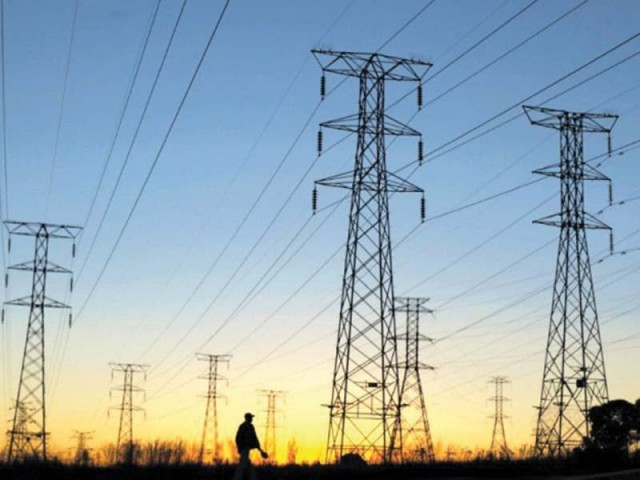Synchronising energy sector: Proposal to merge power and oil regulators put forward
PC also recommends responsibility to maintain adequate supply of fuel should remain with petroleum ministry

Being responsible for the overall fuel sector policies and the administrative affairs of refineries and OMCs, the overall demand and supply function in principle should remain with the petroleum ministry, said PC. PHOTO: FILE
The Planning Commission (PC) has recommended the federal cabinet to merge the power and oil regulators into a single entity that would look after the energy sector as a whole.
The recommendation comes as an attempt to synchronise the closely-linked policies that are, currently, looked after separately by the Oil and Gas Regulatory Authority (Ogra) and the National Electric Power Regulatory Authority (Nepra).
Meanwhile, commenting on the petroleum ministry’s proposal to transfer the power/burden of regulating oil supply in the market, the PC said that the responsibility should stay where it currently lies.
World Bank approves $500m for power sector reforms
It opposed the proposal to transfer the responsibility of maintaining adequate fuel supply to the Oil and Gas Regulatory Authority (Ogra), stating that it should remain with the petroleum ministry, but called a meeting of all stakeholders to discuss the issue further.
“Being responsible for the overall fuel sector policies and the administrative affairs of refineries, oil marketing companies (OMCs) and gas companies, the overall demand and supply function in principle should remain with the petroleum ministry,” stated the PC, proposing a meeting, however, of stakeholders for detailed deliberations on the effects of transferring the demand-supply function to Ogra and to formulate recommendations accordingly for the cabinet.
In 2015, Pakistan witnessed an oil crisis with Punjab - the political stronghold of the ruling PML-N - being the worst-affected. The shortage of fuel in an already crisis-ridden province in terms of power woes led to the government suspending several top officials.
Following the crisis, the petroleum ministry, currently in charge of maintaining adequate supply, had moved a summary to the cabinet to transfer the powers to Ogra.
At present, the director general oil of the petroleum ministry regulates the monitoring of oil and gas supply.
The January 2015 incident saw the suspension of petroleum secretary, additional secretary petroleum, DG Oil, managing director PSO and several top officials of PSO. DG Oil and senior officials of PSO are still on suspension.
The-then acting chief PSO, Amjad Pervez Janjua, had been consistently warning the government of the imminent nature of the crisis and seeking financial assistance from the finance ministry, but was rebuffed on many occasions. He wrote a letter to the petroleum secretary on December 24 warning of “an imminent supply chain breakdown”, followed by another one on December 30.
Now, the petroleum ministry is seeking consent of the cabinet to transfer the responsibility to Ogra. At present, the oil demand supply review committee is in place, headed by DG Oil petroleum ministry, and meets every month to review the situation.
A senior government official said that the bulk of downstream oil regulatory functions had already been transferred to Ogra in February 2006 and approved by the cabinet. Accordingly, regulatory functions were transferred to Ogra whereas policy issues remained with petroleum ministry. However, few things like management of Inland Freight Equalization Margins (IFEM) and determination of monthly demand and supply were kept with the petroleum ministry.
Govt fails to utilise ADB’s $2.5b investment in power sector
Subsequently, in a phased manner, management of IFEM mechanism was also transferred to Ogra in 2008 which was approved by the ECC on July 30, 2008.
Since monitoring of marketing of refined oil products is a regulated activity, which belongs to Ogra, and all OMCs and refineries are the licencees of Ogra, therefore, it (Ogra) would be in a better position now to regulate this function, it was argued.
Published in The Express Tribune, March 8th, 2016.
Like Business on Facebook, follow @TribuneBiz on Twitter to stay informed and join in the conversation.



















COMMENTS
Comments are moderated and generally will be posted if they are on-topic and not abusive.
For more information, please see our Comments FAQ